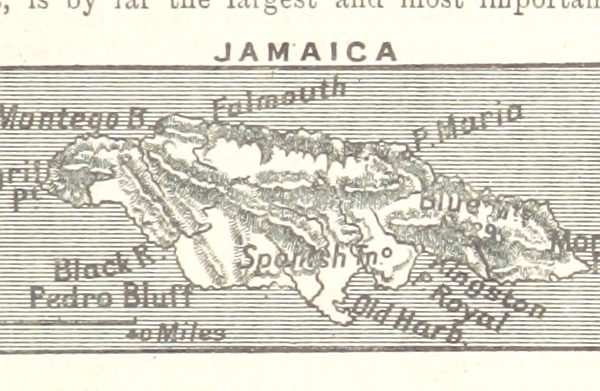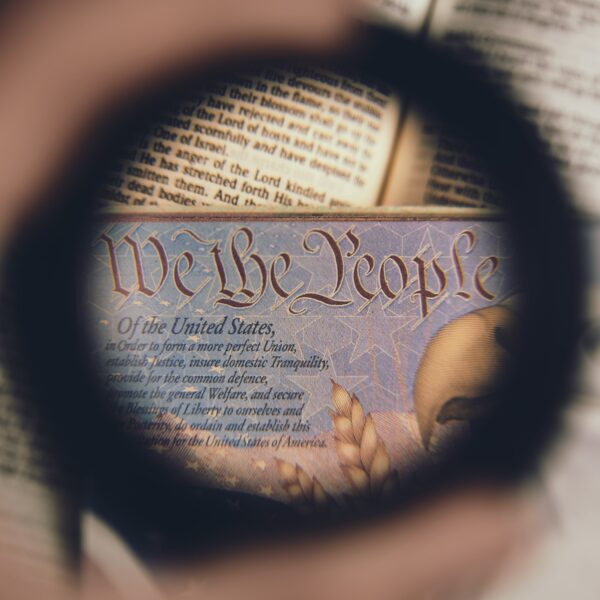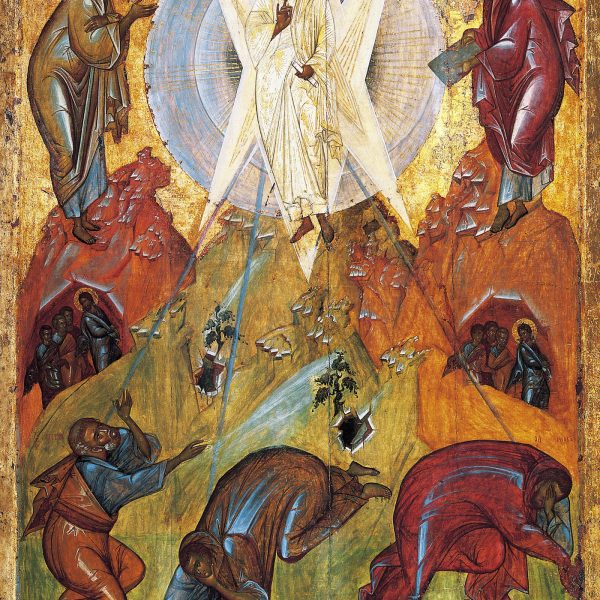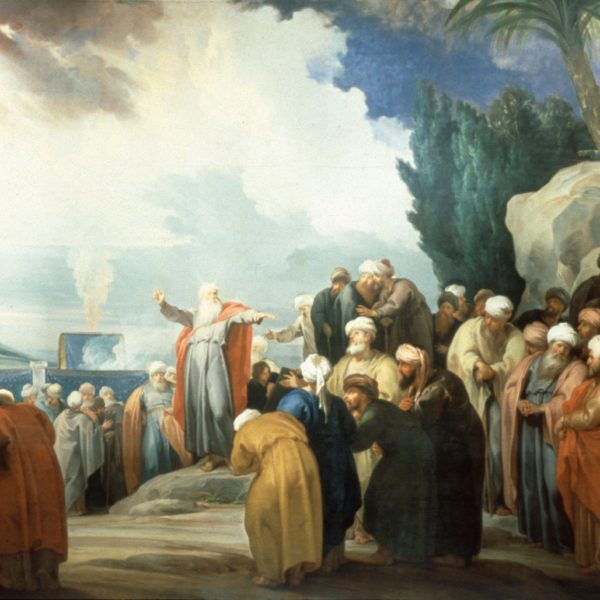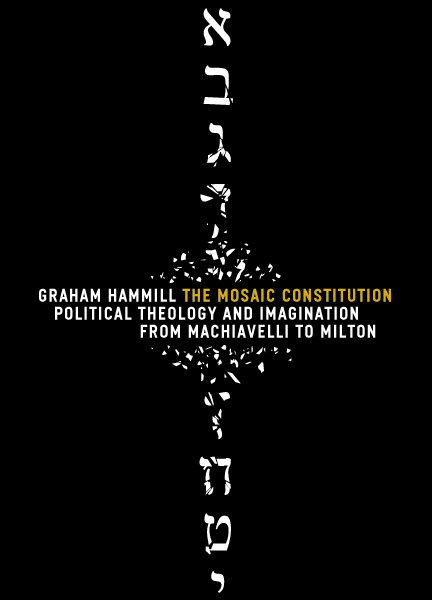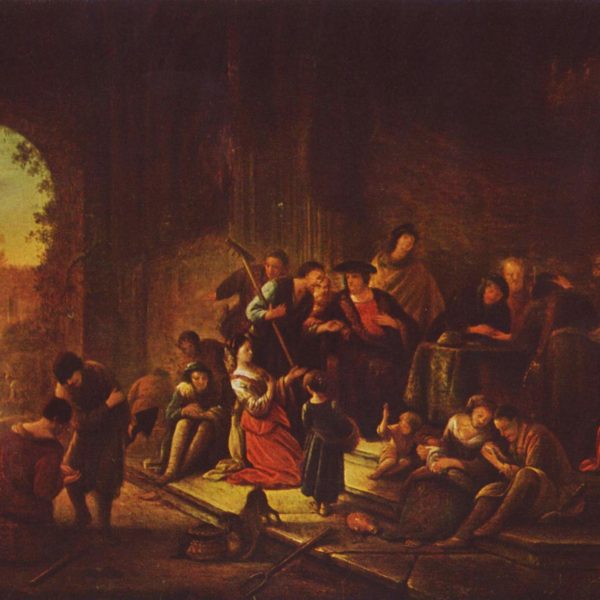
Moses taught Israel that its primary calling as a people before the nations was not conflict but witness through its showcasing of the goodness, wisdom, and righteousness of the divinely given law. Likewise, the chief political task of Christians is found in the cultivation of a quiet extraordinariness in the most ordinary affairs of life.
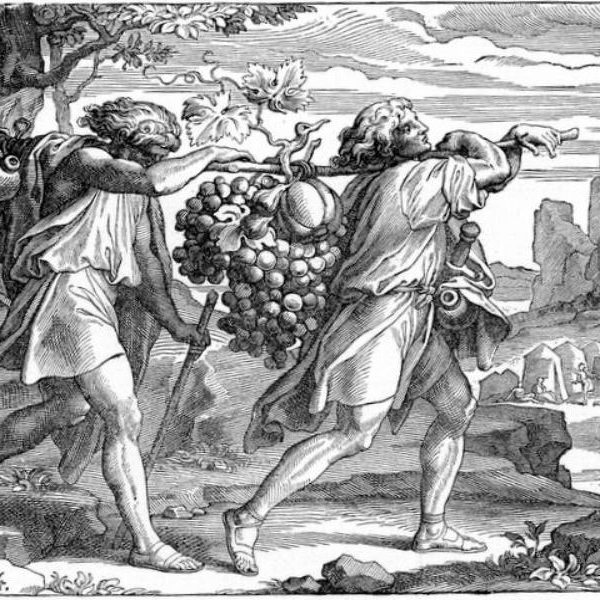
The promise of the new covenant in Jeremiah 31:31-34 contains political dimensions that typically pass unrecognized, but which provide a rich description of an ideal polity. This prophetic vision can serve as a powerful counterpart and companion to more conventional political utopias and idealized societies.
In this column, I want to engage in what Reynolds Price once referred to as “a serious way of wondering” about Exodus 20: 15-18—i.e., the moment at which the Israelites experience the divine self-revelation at the foot of Mount Sinai. Normally, this passage is understood as a theophanic event. To the extent that it involves the constitution of a nation or polity, it has usually been understood as a theocracy. Its intellectual expression (insofar as it addresses the issue of covenantal authority grounded in divine self-revelation) would therefore take the form of a political theology. To the extent that we read the above passage in this way, we have already rendered a decision—the essential significance of the passage would lie in the divine self-revelation. The fear which the Israelites experienced would amount simply and solely to a fear of God. Conversely, an acceptance of the commandments would amount to an acceptance of the political theology undergirding the theocracy.
